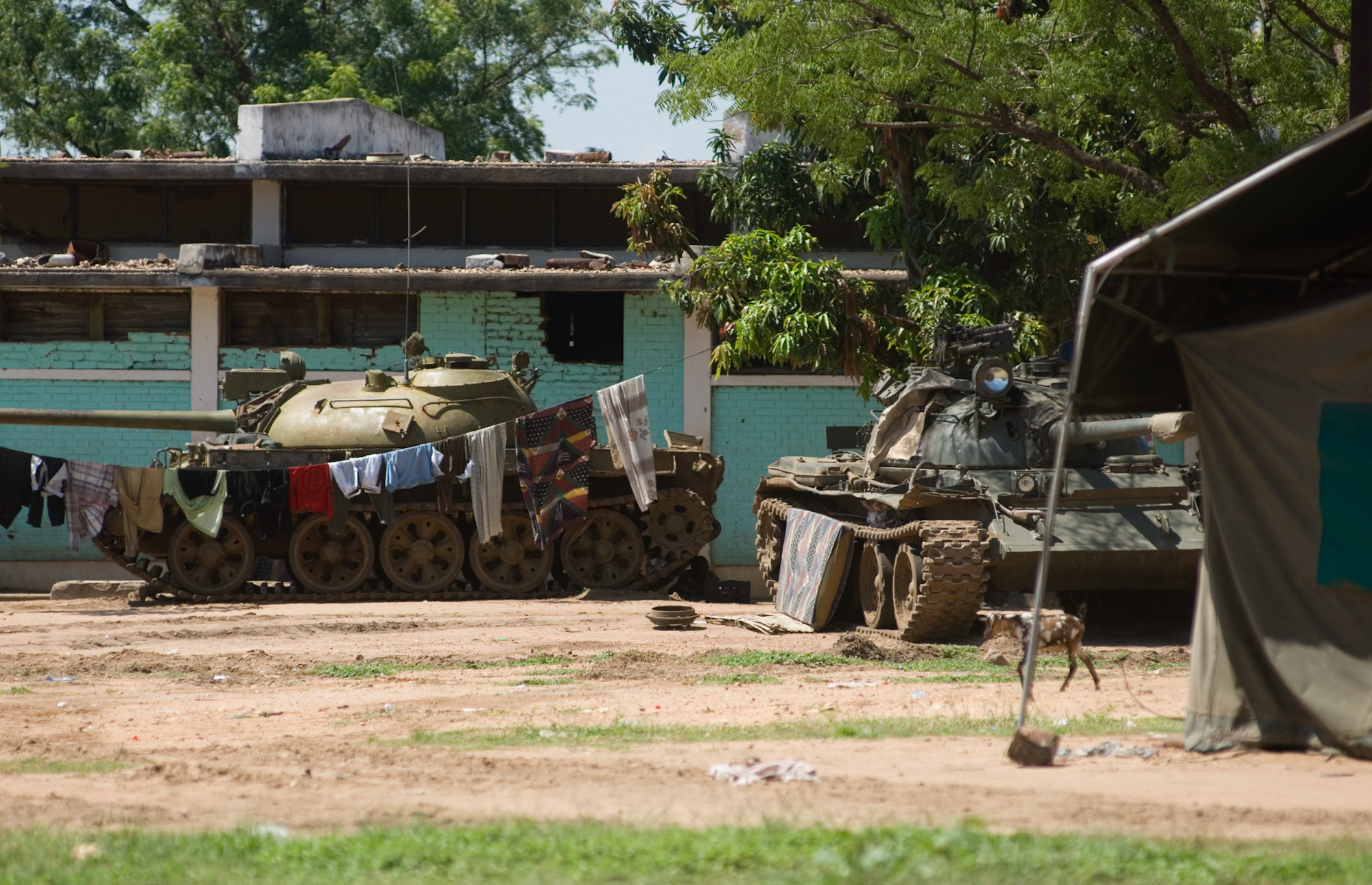
Since the breakout of war between the Sudanese Armed Forces (SAF) and the paramilitary group, the Rapid Support Forces (RSF) last April, Sudan has been engulfed by fighting that has displaced millions and led to the deaths of thousands of people. The conflict followed a power struggle between the leaders of the SAF General Abdel Fattah Al-Burhan and Mohamed Hamdan “Hemedti” Dagalo of the RSF.
To mitigate the impact of the conflict and forge a ceasefire, there have been more than four major efforts for peace talks facilitated by both international and regional partners. This article provides a breakdown of each of those peace talks and what they mean for the ongoing conflict.
The International Republican Institute is committed to supporting a civilian led transition in Sudan. IRI is working along with other organizations to empower political parties, Resistance and Change Committees (RCCs), and other key civil society organizations to effectively bring an end to the conflict and lay the foundation for inclusive and democratic governance.
Jeddah Declaration of Commitment to Protect Civilians of Sudan
The Jeddah Declaration of Commitment to Protect Civilians of Sudan, led by the Kingdom of Saudi Arabia and the United States was signed by Rear Admiral Mahjoub Bushra Ahmed Rahma from the SAF and Brigadier General, Omer Hamdan Ahmed Hammad from the RSF on May 11, 2023. The peace talk was also attended by representatives from the Intergovernmental Authority on Development (IGAD), which also represented the African Union. The Declaration’s focus included the protection of civilians at all times, affirming responsibility to respect international humanitarian law and continuation of humanitarian operations.
The peace talk was, nonetheless, overshadowed by the SAF’s eventual suspension of participation in further talks in Jeddah, accusing the RSF of failure to abide by the declaration. Human rights organizations have raised concerns about “mass civilian casualties in both deliberate and indiscriminate attacks, sexual violence against women and girls”.
Addis Ababa Declaration between Taqaddum and RSF
Signed by The Coordination Body of the Democratic Civil Forces (Taqaddum) former Prime Minister Dr. Abdullah Hamdok and the Rapid Support Forces General Mohamed Hamdan Dagalo, the Addis Ababa Declaration focused once again on the protection of civilians, delivery of humanitarian aid, and the re-establishment of the Sudanese state.
The SAF was invited to attend the talk but declined. Despite this push-back, the two parties established three mechanisms through which the above stated objectives could be accomplished including the establishment of the National Committee for the Protection of Civilians, the Joint Committee and the Independent-National Committee to monitor all violations across Sudan and ensure accountability.
Taqaddam, comprised of multiple political parties and civil forces such as the Sudanese Congress Patry and others, has been at the forefront of efforts aimed at ending the war in Sudan and transitioning to a democratic civilian government. It is as a part of these efforts that the former Prime Minister met with RSF in Addis Ababa last January.
Bahrain Talks
The January discussions – attended by the SAF and RSF – took place over three meetings in Manama. According to reports, among those present were Egypt and UAE, supporters of the SAF and the RSF, respectively. The talks followed previous failed attempts to reach a ceasefire.
Attended by Gen. Abdelrahim Dagalo (Hemedti’s brother) from RSF and Gen. Shamsekdin Kabbashi representing SAF, it is reported that the two groups “agreed on a declaration of principles including maintaining the unity of Sudan and its military.” Unlike past meetings, the Bahrain talks have been shrouded in secrecy and spurred fears from the civilian front of a possible RSF-SAF agreement exclusive of civilian actors.
Regional Negotiation Efforts
Alongside international efforts, the African Union (AU) has also established the AU High Level Panel on Sudan (HLP-Sudan) in January 2024. The HLP-Sudan is said to work “with all stakeholders” and has so far met with Gen. al-Burhan and with a representative of the Democratic Block.
The Road Ahead
The urgent need for a ceasefire and a transition to inclusive and democratic governance in Sudan has never been clearer. The inclusion of civilian groups in creating a postwar political process is paramount. IRI is supporting Sudanese civil society, including Taqqadum, political parties, youth, women, and Resistance Committees, to build a strong and capable civilian front that can effectively negotiate for an inclusive democratic transition.
The international community should prioritize support for the Sudanese civilian front, including political parties, civil society organizations, and grassroots voices, to ensure they are included in all negotiations and political processes moving forward. IRI continues to support Sudanese civil society in their efforts to make lasting peace and democratic governance in Sudan a reality.
Top